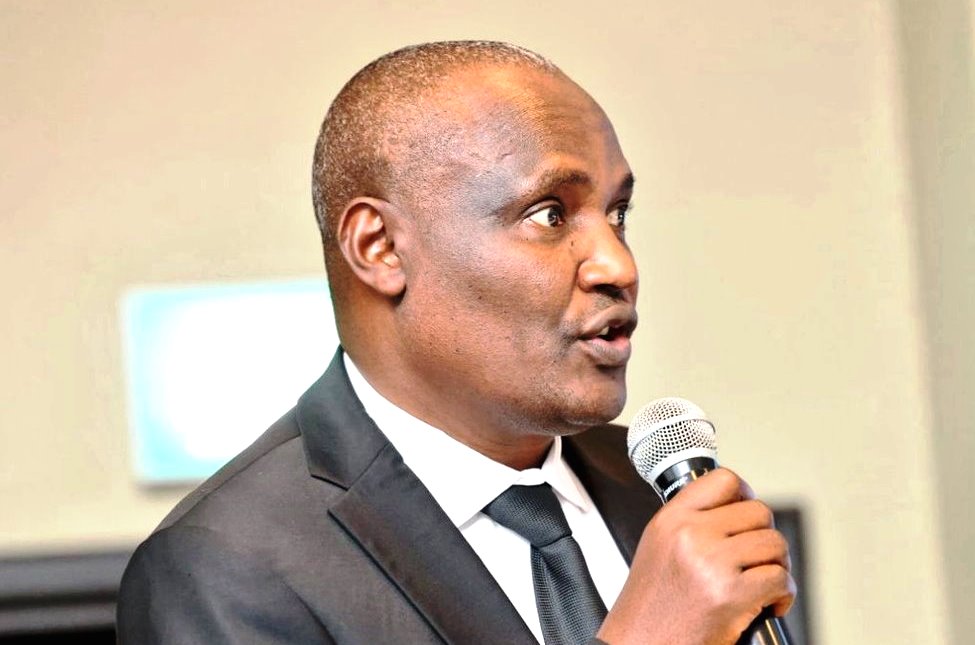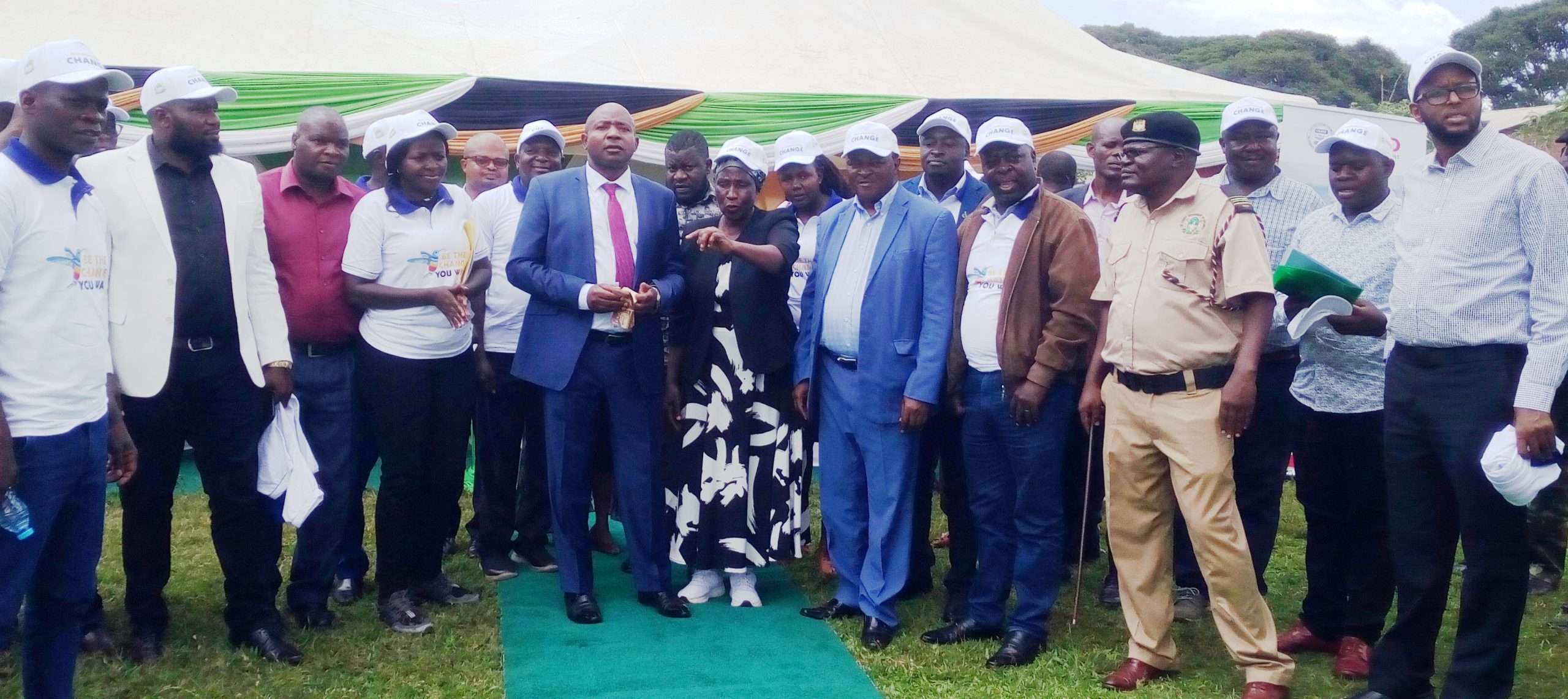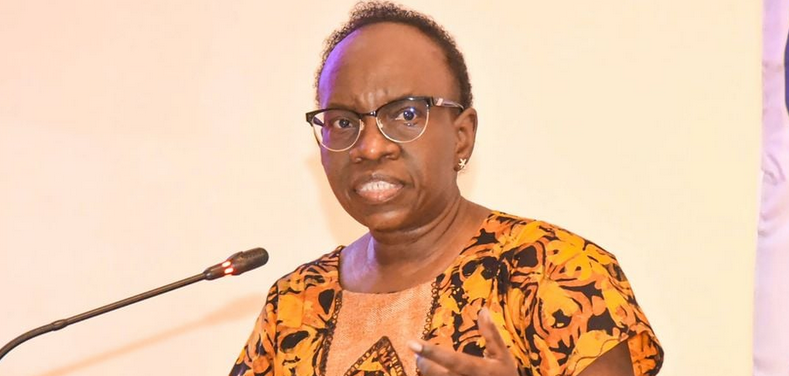The ongoing investigation into the COVID-19 scandal has faced significant setbacks as key personnel from the Ethics and Anti-Corruption Commission (EACC), Kenya Revenue Authority (KRA), and the Ministry of Health (MoH) failed to appear before the National Assembly’s Departmental Committee on Implementation.
The scandal, which involved irregular tenders awarded by the Kenya Medical Supplies Authority (KEMSA) during the height of the pandemic in 2020, has been the subject of intense scrutiny. It was revealed that certain companies, in collaboration with suspended KEMSA officials, secured tenders worth billions of Kenyan shillings for the supply of essential protective equipment, including KN95 masks, hazmat suits, face shields, waterproof shoe covers, and gloves.
Investigations led by the Ethics and Anti-Corruption Commission uncovered that tenders worth 7.8 billion Kenyan shillings were awarded to these companies in violation of procurement laws. Among the companies implicated in the scandal are Kilig Limited, Shop and Buy Limited, Accenture Kenya, Abyssinia Group of Industries, Bell Industries, Medlife Biologicals Limited, Ziwala Limited, Light Up Africa Limited, Wallabis Ventures Limited, Meraki Healthcare Limited, and Nanopay Limited.
Despite the gravity of the allegations and the significant financial implications for taxpayers, none of the directors of these companies have faced prosecution or even been summoned for questioning. This lack of accountability has fueled public outrage, with Kenyans demanding swift and decisive action against those responsible for looting public funds.
Former President Uhuru Kenyatta had, on August 26, 2020, directed investigating agencies to conclude their investigations within 21 days. However, this deadline has long been missed, raising questions about the effectiveness of the investigative process.
In an attempt to kickstart the inquiry, the National Assembly Committee on Implementation sought to commence a special audit on the utilization of COVID-19 funds. However, the meeting was adjourned when the EACC Chair, KRA Commissioner General, and the PS for Medical Services failed to appear, sending representatives in their place. This move was met with dissatisfaction from parliamentarians, who expressed frustration at the lack of accountability.
The officials have now been summoned to appear before the committee on March 19, 2024. Failure to do so may result in a fine of 500,000 Kenyan shillings or a six-month prison sentence. Should they attend, Kenyans will finally have access to the detailed four-year investigation report into the scandal, which will be made public by the EACC.
Four years after the scandal first came to light, the companies implicated in the COVID-19 procurement scandal have yet to face legal consequences, leaving many questions unanswered and justice delayed for Kenyan taxpayers.




